Herbal Learning
Dandelion: The World’s Most Successful Weed May Also Be One Of The Best Foods & Medicines!
Eating well can be tough. Not only that, it can be expensive. If you’ve tried, you’ve probably noticed this. Eating highly processed junk, by contrast, is convenient and cheap. The deranged thing about this whole paradigm, however, is that the savings in money and time vanish without a trace into the void of debilitating chronic illness and the exorbitant medical bills that follow this way of eating. The good news for all of us is that, wherever we are, we are likely surrounded by free food. Not just any free food either–abundant, nutrient dense, whole, sustainable food. Food that isn’t just nutritious, but potentially medicinal. One of those many plants is Taraxacum officinale, better known as dandelion. This humble weed is originally native to Eurasia but has been naturalized all over the world, having been introduced to the Americas by 1672 1. This makes dandelion an absolute nuisance for landscapers but is a bonus for all looking to eat healthier. So, put down the weed killer, take a seat, and let’s talk about what this plant might be able to do.
The greatest potential for dandelion is, in my mind, as a medicinal food in the fight against metabolic syndrome, manifesting as type 2 diabetes, hypertension, blood lipid disruptions, visceral obesity, or nonalcoholic fatty liver disease 2. Not only these, but if you’ve heard of osteoarthritis, Alzheimer’s disease, polycystic ovarian syndrome, or cancer…well, the influence of metabolic syndrome is there as well 3-6. Fundamentally, metabolic syndrome arises from insulin resistance, which is the inability of our body’s tissues to respond to insulin even in the presence of very high levels of the hormone. What causes this? Diet, specifically a diet high in ultra-processed foods 7. So prevalent and damaging is this diet that I would opine that the single greatest environmental toxicant we are challenged with are added sugars like high-fructose corn syrup, a cornerstone of the modern, ultra-processed diet.
Now that I’ve given you a crash course in the basics of the metabolic bedlam that is insulin resistance, what does a cute albeit obnoxious weed like dandelion have to do with any of this? Similar to stinging nettle, dandelion can disrupt the activity of enzymes in our saliva and secreted by our pancreas that break carbohydrates into simple sugars prior to absorption 8. This can keep your blood glucose from spiking and prevent the bump in insulin that follows, allowing your body to re-sensitize to the hormone. As nettle and dandelion inhibit different components of the carbohydrate digestion process, I would hypothesize that the two together would have a synergistic effect. Further evidence of benefit is seen in animal studies, where ingestion of varying whole parts and extracts of dandelion were suggested to drive down blood glucose, decrease insulin resistance, correct blood lipid levels, lower blood pressure, and protect the liver from damage caused by the adverse conditions 9-11.
At the time of this writing there is a shortage of data for this application in humans. Given, however, that one consuming dandelion (the entire plant being edible, folks) can anticipate a dose of insoluble prebiotic fiber, manganese, iron, potassium, sodium, vitamins A, B, C, and E 12–16, what do you have to lose? Powerhouse vegetables should be a mainstay of our diet anyway, and an ounce of prevention is worth many, many pounds of cure. So, grab a forked weeder, pull them up, wash them off and then–bon appetit. If you’re not the weeding type (I certainly don’t know anyone who dislikes weeding), powdered dandelion leaf and root blended into a smoothie or stirred into water should do just fine. Can’t stand the grit of powdered plant material? Tincture- and tea-like extracts were shown in these studies to have an effect as well.
Dandelion is just one of a multitude of medicinal foods we discuss in-depth at The HomeGrown Herbalist School of Botanical Medicine. We talk about the plant, the traditional uses, and, where it has been conducted with appropriate scientific rigor, we share the supporting research with you.
What have your experiences been? What are your burning dandelion-related questions? Leave a comment below and get the conversation started! We’d love to hear from you.
Dr. Rose
HomeGrown Herbalist School of Botanical Medicine
Citations
1–Mack, R. N., & Erneberg, M. (2002). The United States naturalized flora: largely the product of deliberate introductions. Annals of the Missouri Botanical Garden, 176-189.
2–Bikman, B. (2020). Why We Get Sick: The Hidden Epidemic at the Root of Most Chronic Disease–and how to Fight it. BenBella Books.
3–Li, J., Wang, G., Xv, X., Li, Z., Shen, Y., Zhang, C., & Zhang, X. (2023). Identification of immune-associated genes in diagnosing osteoarthritis with metabolic syndrome by integrated bioinformatics analysis and machine learning. Frontiers in immunology, 14, 1134412. https://doi.org/10.3389/fimmu.2023.1134412
4–Kakoty, V., Kc, S., Kumari, S., Yang, C. H., Dubey, S. K., Sahebkar, A., Kesharwani, P., & Taliyan, R. (2023). Brain insulin resistance linked Alzheimer’s and Parkinson’s disease pathology: An undying implication of epigenetic and autophagy modulation. Inflammopharmacology, 31(2), 699–716. https://doi.org/10.1007/s10787-023-01187-z
5–Mousa, S., Saif, A., Fathy, M., Mansour, M., Abd Elhamid, A. M., Atef, A., Galal, M., Saad, S., & Aboulsoud, S. (2023). Assessment of early vascular changes in adult females with polycystic ovary syndrome: correlation with insulin resistance. Gynecological endocrinology : the official journal of the International Society of Gynecological Endocrinology, 39(1), 2210226. https://doi.org/10.1080/09513590.2023.2210226
6–Amin, M. N., Hussain, M. S., Sarwar, M. S., Moghal, M. M. R., Das, A., Hossain, M. Z., … & Islam, M. S. (2019). How the association between obesity and inflammation may lead to insulin resistance and cancer. Diabetes & Metabolic Syndrome: Clinical Research & Reviews, 13(2), 1213-1224.
7–Lustig, R. H. (2017). Processed food—an experiment that failed. JAMA pediatrics, 171(3), 212-214.
8–Murtaza, I., Laila, O., Drabu, I., Ahmad, A., Charifi, W., Popescu, S. M., & Mansoor, S. (2022). Nutritional Profiling, Phytochemical Composition and Antidiabetic Potential of Taraxacum officinale, an Underutilized Herb. Molecules (Basel, Switzerland), 27(17), 5380. https://doi.org/10.3390/molecules27175380
9–Cho, S. Y., Park, J. Y., Park, E. M., Choi, M. S., Lee, M. K., Jeon, S. M., Jang, M. K., Kim, M. J., & Park, Y. B. (2002). Alternation of hepatic antioxidant enzyme activities and lipid profile in streptozotocin-induced diabetic rats by supplementation of dandelion water extract. Clinica chimica acta; international journal of clinical chemistry, 317(1-2), 109–117. https://doi.org/10.1016/s0009-8981(01)00762-8
10–Idres, A. Y., Tousch, D., Dhuyque-Mayer, C., Hammad, I., Lambert, K., Cazals, G., Portet, K., Ferrare, K., Bidel, L. P. R., & Poucheret, P. (2023). An Original Asteraceae Based Infused Drink Prevents Metabolic Syndrome in Fructose-Rat Model. Antioxidants (Basel, Switzerland), 12(2), 340. https://doi.org/10.3390/antiox12020340
11–Nnamdi, C. C., Uwakwe, A. A., & Chuku, L. C. (2012). Hypoglycemic effects of aqueous and ethanolic extracts of dandelion (Taraxacum officinale FH Wigg.) leaves and roots on streptozotocin-induced albino rats. Global Journal of Research on Medicinal Plants & Indigenous Medicine, 1(6), 211.
12–Daniel, I. E., Mathew, K. N., & John, P. L. (2021). Evaluation of vitamin contents, antioxidant and antimicrobial activities of different leaf extracts of Taraxacum officinale (dandelion). Journal of Complementary and Alternative Medical Research, 13(1), 13-26.
13–Ertaş, Ö. S., Aktaş, H. F., & Haznedaroğlu, M. Z. (2005). Analysis of sodium and potassium levels in Taraxacum officinale by flame emission photometry. ACTA Pharmaceutica Sciencia, 47(2).
14–de Almeida, L. C., Salvador, M. R., Pinheiro-Sant’Ana, H. M., Della Lucia, C. M., Teixeira, R. D. B. L., & de Morais Cardoso, L. (2022). Proximate composition and characterization of the vitamins and minerals of dandelion (Taraxacum officinale) from the Middle Doce River region–Minas Gerais, Brazil. Heliyon, 8(12), e11949.
15–Savych, A., Bilyk, O., Vaschuk, V., & Humeniuk, I. (2021). Analysis of inulin and fructans in Taraxacum officinale L. roots as the main inulin-containing component of antidiabetic herbal mixture. Pharmacia, 68(3), 527-532.
16–Guo, H., Zhang, W., Jiang, Y., Wang, H., Chen, G., & Guo, M. (2019). Physicochemical, structural, and biological properties of polysaccharides from dandelion. Molecules, 24(8), 1485.



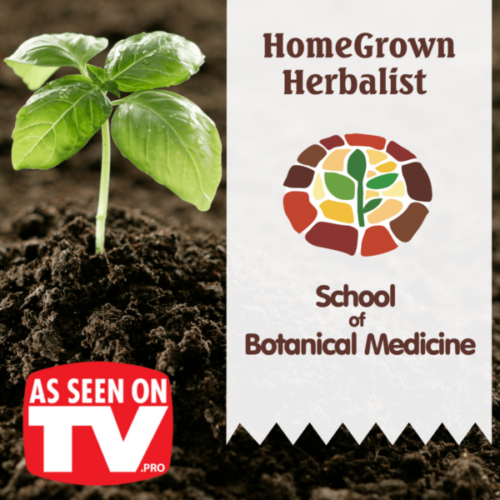
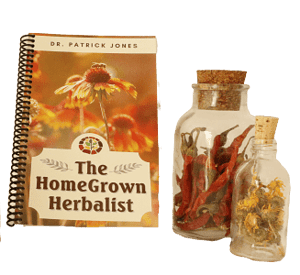
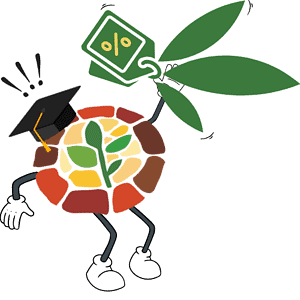
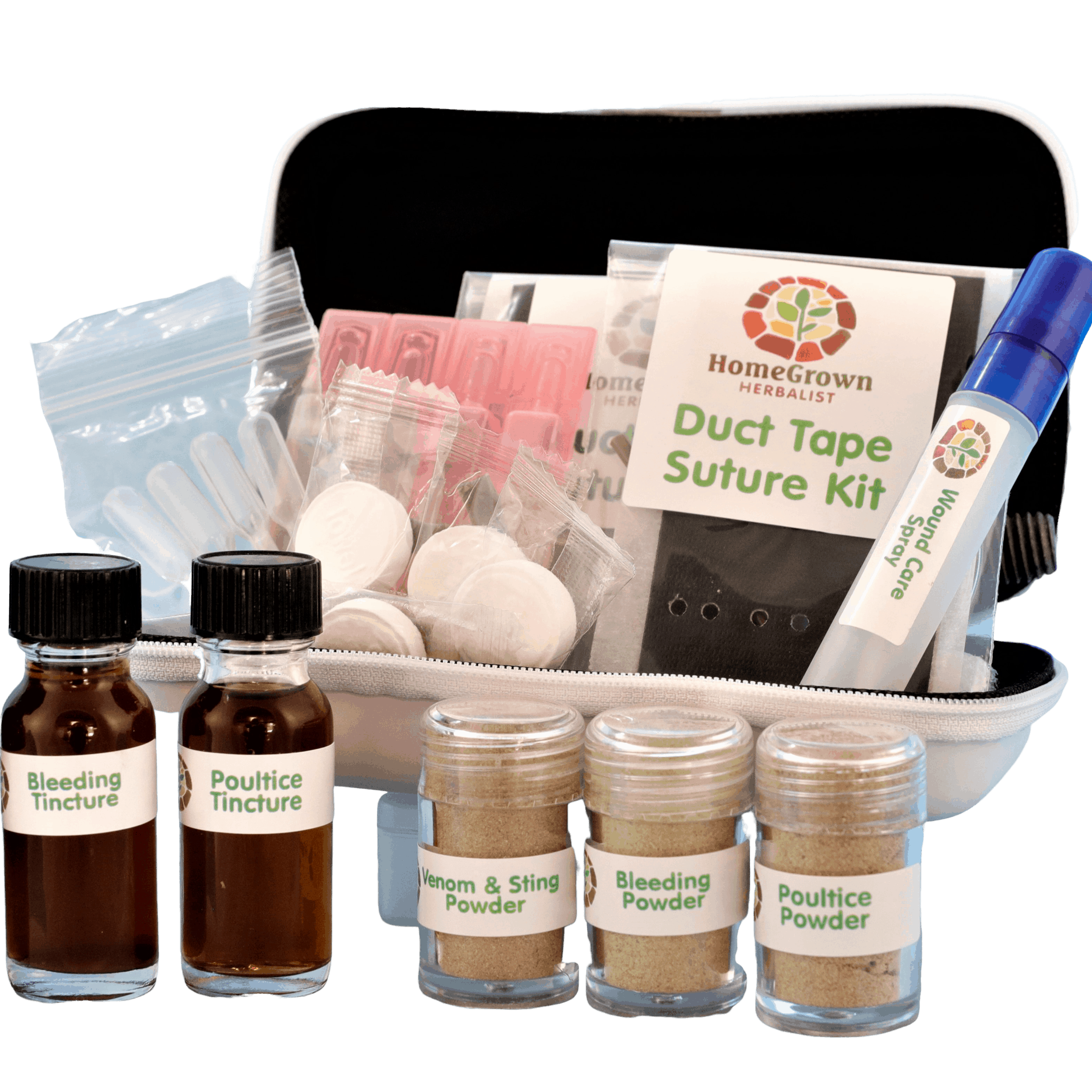
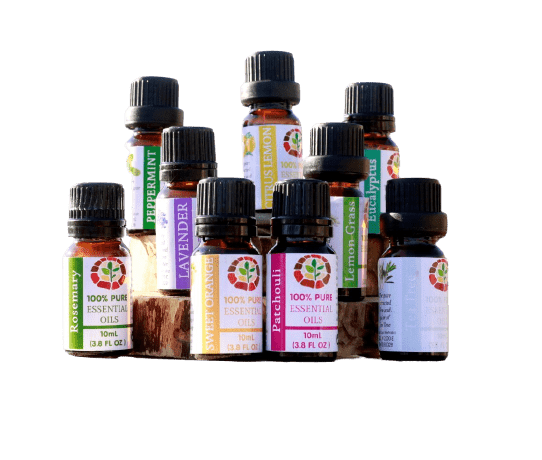
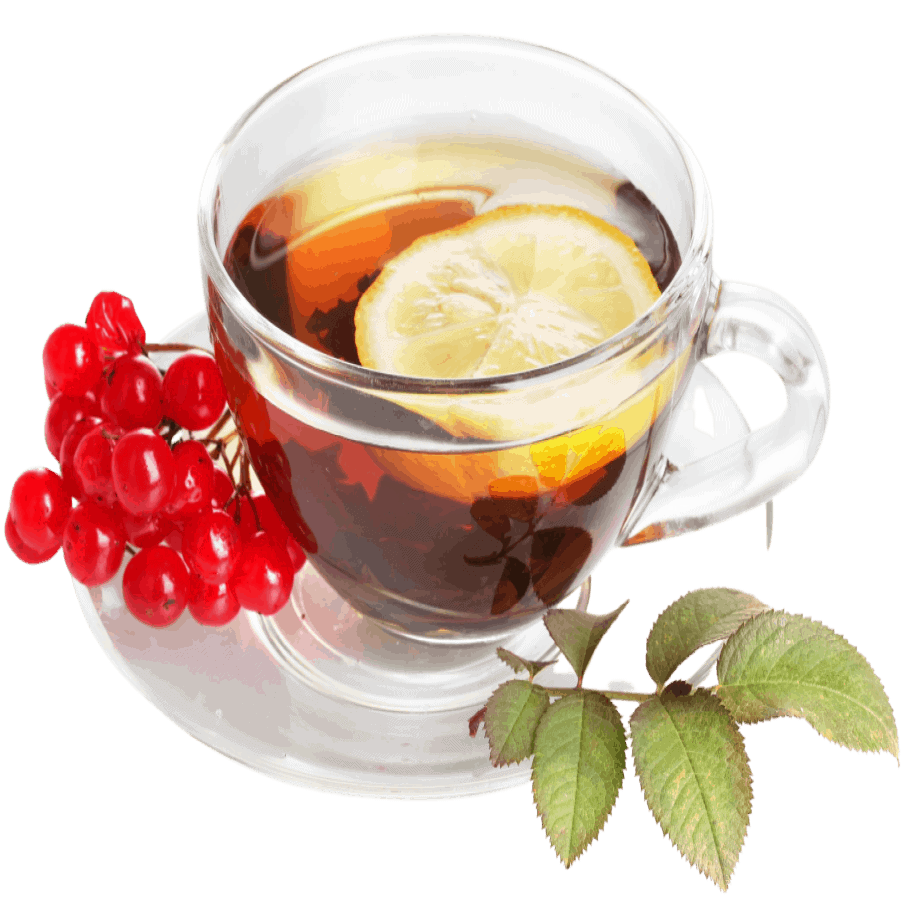
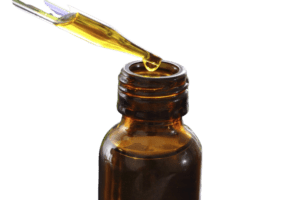
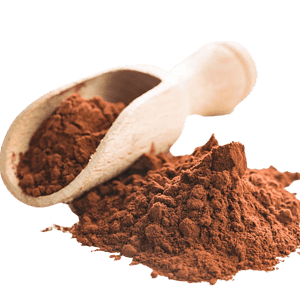
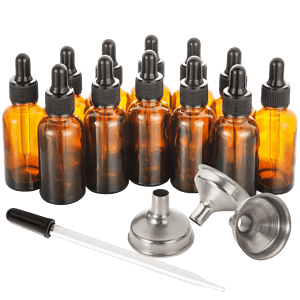
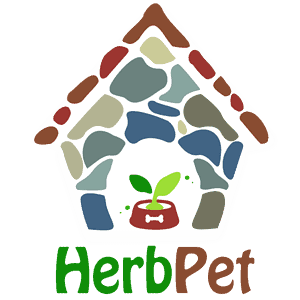
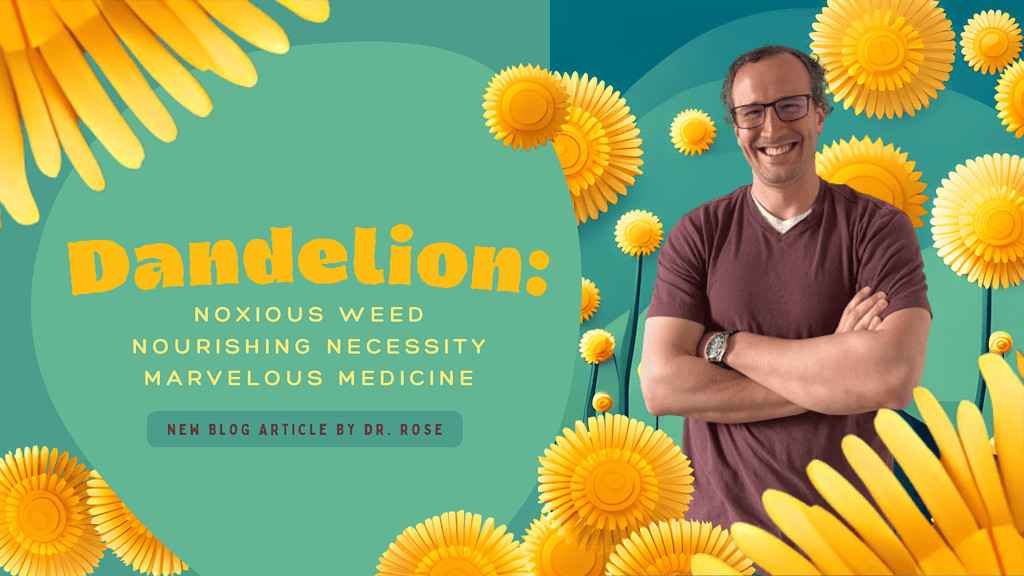
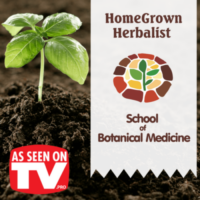
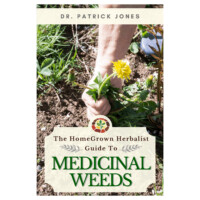
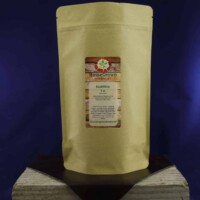
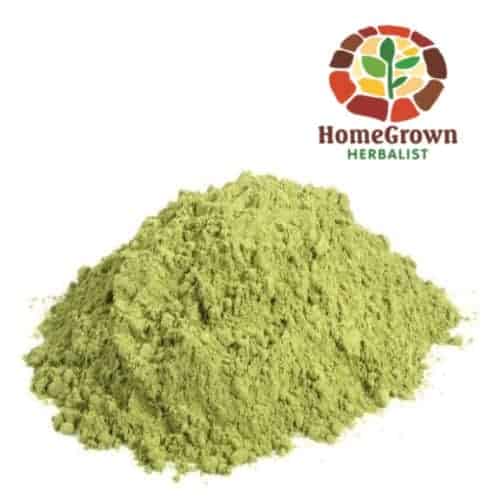
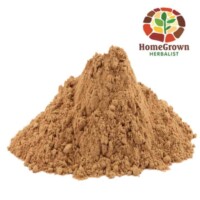
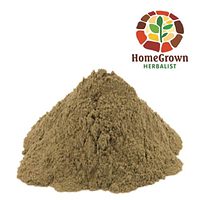
Thanks for the great info. Going to gather some dandelion & nettle to check the synergy!
This is wonderful information! I know y’all can’t diagnose and treat someone but I’m curious to how dandelion if taken while still treating type 2 diabetes with medicatons would affect a person. My mother has type 2 diabetes that the doctors are having a hard time controlling with meds. I believe taking herbs would help her significantly but don’t want to cause more problems by suggesting a more natural route of healing to discuss with her doctors. She is already gun shy about not following the doctors completely.
Jennifer,
I’m sorry to hear that your mother’s unwell. To answer your question, how she will respond to dandelion in conjunction with the medications really depends on which ones she’s taking. You are wise to support her on trusting her doctor on this. My experiences have been that many doctors of late are open to herbal supplementation and willing to provide the oversight needed in such a venture. I would suggest passing some of the studies cited in this article on to your mother so she can take them to her doctor to get his/her thoughts on adding dandelion to her regimen.
-Dr. Rose
I have always struggled with having enough energy (yeah, CFS), but I’ve found that I feel a bit better if my blood sugar is a bit on the high side. What would you suggest?
Dr. Rose, could you tell me a little about yourself…your training as a doctor, where you practice, specialties, experience using herbals? Thanks!
Hello Deborah,
I am actually a research scientist—Dr. Rose PhD. I received my doctorate in physiology and developmental biology from Brigham Young University. I study osteoarthritis, and my expertise is in the relationship between osteoarthritis and diet. Presently I work at the University of Utah studying genetic predispositions to osteoarthritis.
My interest in the herbs was really piqued when I made a change to my own diet and became a hardcore consumer of vegetables—making up about 90% of my current diet. The changes to my health were remarkable and needless to say out a fire under me to learn more about what was happening. This led me to things that you would not ordinarily find in the produce section of a grocery store—stinging nettle, burdock, calendula, cleavers, mallow, dandelion, etc.—but nevertheless seemed to have benefits beyond being wildly nutritious. Things snowballed from there and now I’m a huge advocate for addressing health concerns dietetically as the foundation for treatment.
Hopefully I have provided sufficient detail. Please feel free to reply if you have any further questions.
-Dr. Rose
Can ankylosing spondylitis benefit from dandelions and stinging nettle?
Both seem to have an anti-inflammatory effect (citations below) so it is possible.
-Dr. Rose
Liu L, Xiong H, Ping J, Ju Y, Zhang X. Taraxacum officinale protects against lipopolysaccharide-induced acute lung injury in mice. J Ethnopharmacol. 2010 Jul 20;130(2):392-7. doi: 10.1016/j.jep.2010.05.029. Epub 2010 May 25. PMID: 20510343.
Zemmouri H, Sekiou O, Ammar S, El Feki A, Bouaziz M, Messarah M, Boumendjel A. Urtica dioica attenuates ovalbumin-induced inflammation and lipid peroxidation of lung tissues in rat asthma model. Pharm Biol. 2017 Dec;55(1):1561-1568. doi: 10.1080/13880209.2017.1310905. PMID: 28385108; PMCID: PMC6130499.
I’d have a look at the joint support formula as well.
https://homegrownherbalist.net/?s=joint+support&post_type=product&title=1&excerpt=1&content=1&categories=1&attributes=1&tags=1&sku=1&orderby=date-DESC&ixwps=1
Hops tincture topically is also very useful.
https://homegrownherbalist.net/product/hops-tincture/
Where can I get dandelion seeds or sprouts to grow? And can I just clean them and fry them put them in a blender with juice and drink it up right out of my yard?
Yup. The rascals growing in your yard are as nutritious and medicinal as any dandelions you can buy.
I just harvested my dandelion roots after the frost. The greens are still nice. Probably very bitter. Are they still medicinal at this point, or is all the good stuff in the roots by now? Should I bother with the greens?
There are significant seasonal fluctuations in the nutritional content of the leaves (see citation below) but not to the extent I’m not going to tell you to not bother with the them if your interests are culinary; if anything add some root to your salad.
I’m not aware of any studies showing an impact of the season on medicinal properties. I’ll leave it to Dr. Jones to weigh in with the conventional herbal wisdom.
-Dr. Rose
Ianovici, N., 2016. Taraxacum officinale (Asteraceae) in the urban environment: seasonal fluctuations of plant traits and their relationship with meteorological factors. Acta Agrobotanica, 69(3).
I ave serious chronic diarhea and take enzymes as well as carry and use the dire era tincture (which I make). I eat whole organic foods, and as much as I can, I grow my greens. Would fresh dandelion be ok or cause more distress?
Can I get a copy of your pdf on dandelion please?